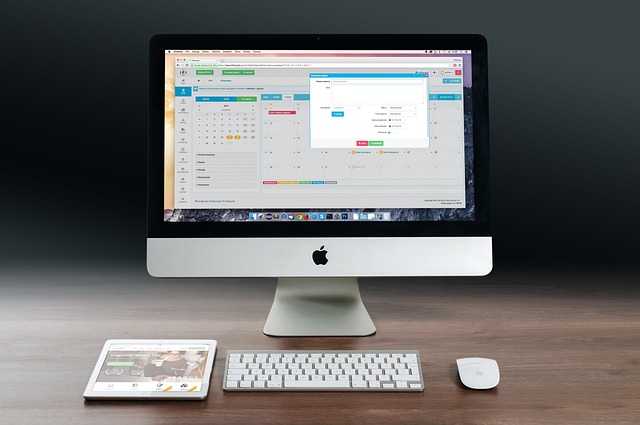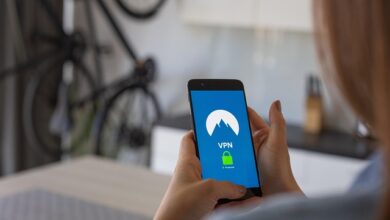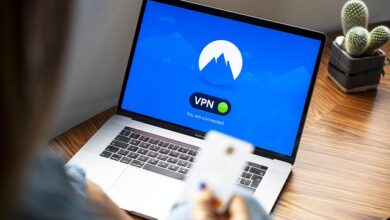How to Watch Sports & Events Anywhere with a VPN

In today’s fast-paced digital world, staying connected to your favorite sports and events is more important than ever. Whether you’re traveling abroad, living in a different country, or simply want to access content that isn’t available in your region, using a Virtual Private Network (VPN) can be the ultimate solution for streaming live sports and events from anywhere in the world. In this article, we will explore how a VPN works, why it’s beneficial for watching sports, and provide step-by-step guidance on setting up and using a reliable VPN service.
What is a VPN?
A Virtual Private Network (VPN) is a technology that creates a secure and encrypted connection over the internet between your device and a remote server operated by the VPN provider. This allows you to bypass geographical restrictions, hide your IP address, and protect your online privacy. Essentially, when you use a VPN, your internet traffic is routed through the chosen server location, making it appear as though you are browsing from that specific location.
For example, if you’re in Germany but want to watch a live match broadcasted exclusively in the UK, connecting to a UK-based server via a VPN will allow you to access the content as if you were physically located in the UK.
Why Use a VPN for Watching Sports?
Streaming services often impose regional restrictions due to licensing agreements with broadcasters. These restrictions mean certain matches, leagues, or tournaments may not be accessible depending on where you are located. A VPN helps overcome these limitations by:
- Allowing you to access geo-restricted content.
- Providing anonymity while streaming.
- Enhancing security and protecting your data.
- Bypassing censorship imposed by governments or networks.
Whether you’re an avid fan of football (soccer), basketball, tennis, rugby, or any other sport, having access to international broadcasts ensures you never miss a moment of the action.
How Does a VPN Work?
When you connect to a VPN, several processes occur behind the scenes:
- Encryption : Your internet connection is encrypted, ensuring no one—not even your Internet Service Provider (ISP)—can see what you’re doing online.
- Server Connection : You choose a server in a specific country, and all your internet activity appears to originate from that location.
- IP Masking : The VPN replaces your real IP address with one assigned by the server, masking your true identity and location.
This process enables seamless access to restricted content while maintaining high levels of privacy and security.
Benefits of Using a VPN for Streaming Sports
Here are some compelling reasons why a VPN is essential for sports enthusiasts:
1. Access Geo-Restricted Content
Many popular sports streaming platforms like ESPN, BBC iPlayer, NBC Sports, and Sky Sports restrict their content based on geographic locations. With a VPN, you can unlock these platforms regardless of where you are.
2. Avoid Censorship
In countries with strict internet regulations, accessing global sports channels might be impossible without a VPN. By connecting to servers in unrestricted regions, you gain freedom to explore diverse content.
3. Improved Security
Public Wi-Fi hotspots at airports, cafes, or hotels pose significant risks to your personal data. A VPN encrypts your connection, safeguarding sensitive information such as login credentials and payment details.
4. Enhanced Privacy
By hiding your actual IP address, a VPN prevents websites and advertisers from tracking your online activities. This gives you greater control over your digital footprint.
5. Faster Streaming Speeds
Some ISPs throttle bandwidth during peak hours or for heavy users. Premium VPN services offer optimized servers designed specifically for streaming, which can improve speed and reduce buffering.
Choosing the Right VPN Service
Not all VPNs are created equal. To ensure a smooth streaming experience, consider the following factors when selecting a VPN:
1. Server Locations
Look for a provider with extensive server coverage across multiple countries. More options increase the likelihood of finding a server close to your desired content source.
2. Streaming Optimization
Choose a VPN that explicitly supports streaming services. Some providers have dedicated “streaming” servers tailored for low latency and high performance.
3. Simultaneous Connections
If you plan to share the subscription with family members or devices, check how many simultaneous connections the service allows.
4. Security Features
Ensure the VPN offers robust encryption protocols (e.g., AES-256) and features like kill switches to prevent accidental leaks.
5. User-Friendly Interface
Opt for a platform with an intuitive interface, especially if you’re new to using VPNs.
Recommended Providers:
- ExpressVPN : Known for its blazing-fast speeds and wide range of servers.
- NordVPN : Offers advanced security features and excellent customer support.
- Surfshark : Affordable yet powerful, with strong unblocking capabilities.
- CyberGhost : Beginner-friendly and great for streaming beginners.
Step-by-Step Guide to Set Up a VPN for Streaming
Follow these simple steps to start watching sports with a VPN:
Step 1: Subscribe to a Reliable VPN
Sign up for a reputable VPN service that suits your needs. Most providers offer free trials or money-back guarantees.
Step 2: Download and Install the App
Download the official app for your operating system (Windows, macOS, Android, iOS, etc.) from the provider’s website or app store.
Step 3: Connect to a Suitable Server
Launch the app and log in with your credentials. Select a server in the country where the event is being broadcasted. For instance, pick a UK server for Premier League matches or a US server for NFL games.
Step 4: Launch Your Streaming Platform
Open the streaming service (e.g., Hulu, ESPN+, YouTube TV) and search for the desired game or tournament.
Step 5: Enjoy Seamless Viewing
Stream the event without interruptions. If buffering occurs, try switching to another nearby server for better performance.
Tips for Optimizing Your Streaming Experience
To get the most out of your VPN experience, follow these tips:
- Test Multiple Servers : Not all servers perform equally well. Experiment with different locations until you find the fastest option.
- Use Wired Connections : Ethernet cables generally provide faster and more stable connections compared to Wi-Fi.
- Close Unnecessary Programs : Free up bandwidth by closing background applications consuming resources.
- Upgrade Your Plan : Consider upgrading to premium plans offering unlimited bandwidth and enhanced features.
- Check Compatibility : Ensure the VPN supports your preferred streaming service before purchasing.
Legal Considerations When Using a VPN
While using a VPN itself is legal in most countries, the activities conducted through it must comply with local laws. For instance:
- It’s perfectly fine to use a VPN to access geo-blocked content legally purchased or subscribed to.
- However, downloading copyrighted material illegally remains prohibited regardless of whether you use a VPN.
Always verify the legality of your actions within your jurisdiction to avoid potential issues.



